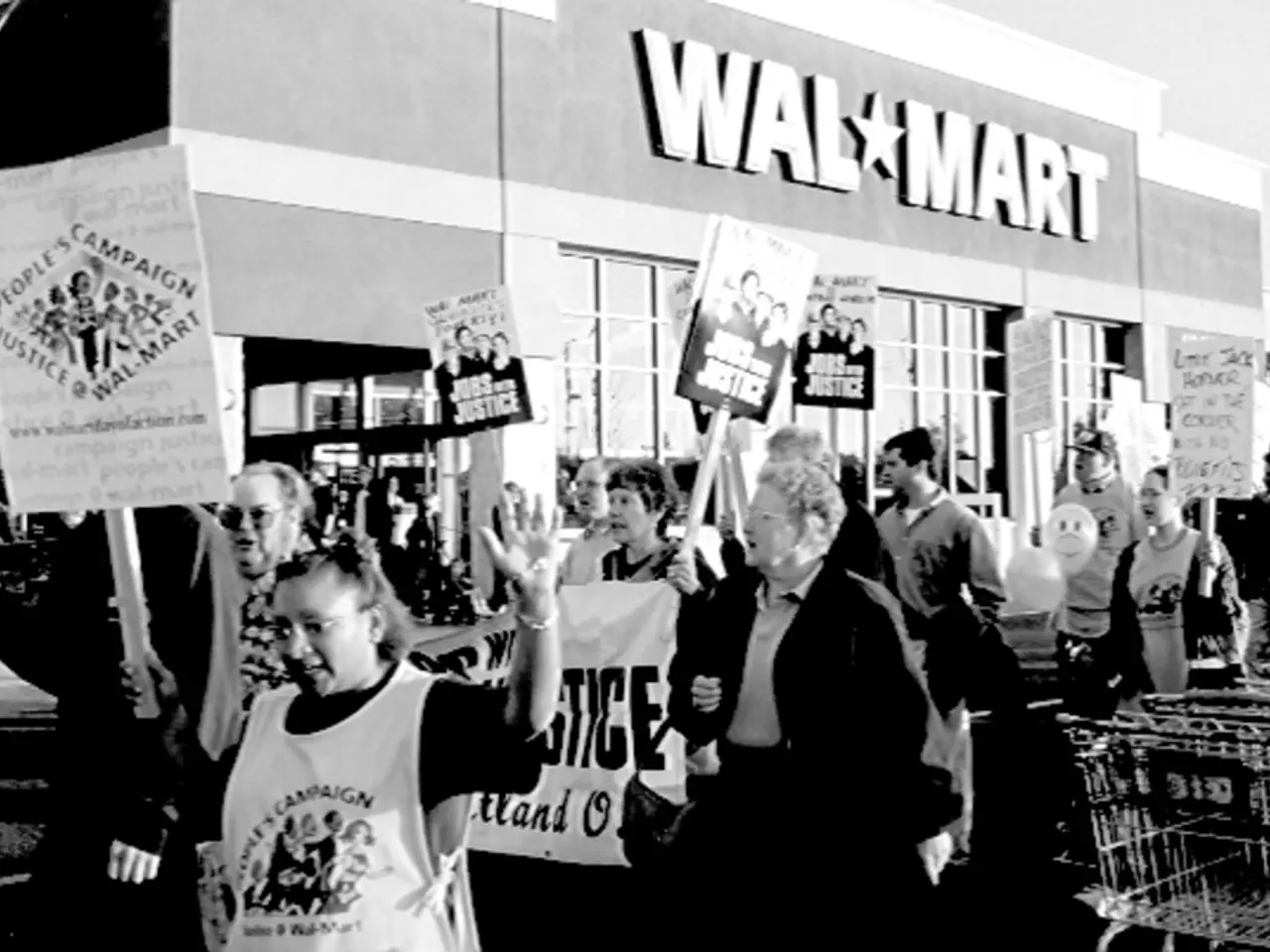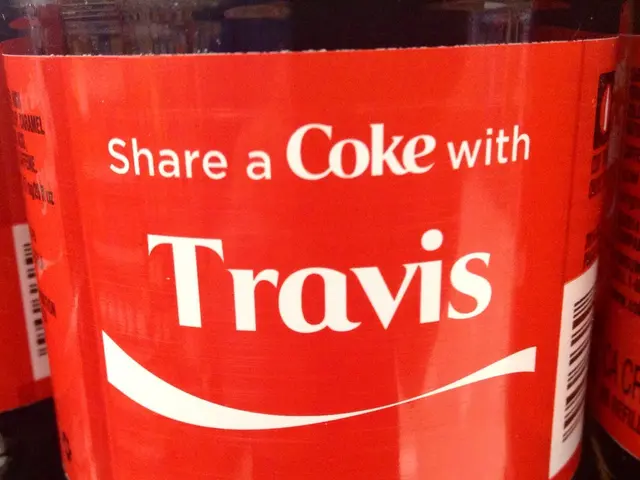Activist in the U.K. Accused of Terrorism Offenses for Supporting Palestinian Causes
In a case that has sparked controversy and raised concerns about free speech, 71-year-old Tony Greenstein, a veteran campaigner for Palestinian rights, finds himself in the midst of a legal battle under the UK's Terrorism Act 2000. Greenstein's work, which critically examines the historical and political intersections of Zionism and anti-Semitism, has led to charges of supporting a proscribed organization, specifically Hamas.
Greenstein's arrest by counter-terrorism police in October 2023 marked a turning point in his activism. Initially released on restrictive bail conditions, he was formally charged by the Crown Prosecution Service in late November 2024. If convicted, he could face up to 14 years in prison.
The case is seen by some as a widening crackdown on free speech regarding Palestinian resistance to occupation. Greenstein himself views his case as part of a larger struggle for Palestinian rights and against the suppression of dissent in the UK, referring to it as the 'criminalization of solidarity.'
The charges against Greenstein are not isolated incidents. Over the past year, several activists and journalists have faced arrests, raids, and restrictions under the Terrorism Act. Professor Haim Bresheeth, a Jewish anti-Zionist, was arrested following a speech near the Israeli ambassador's residence. Journalist Richard Medhurst was detained at Heathrow Airport and had his electronic devices confiscated in August 2024 under the Terrorism Act. Sarah Wilkinson, a prominent social media activist, had her home raided by police in October 2024.
The support for Greenstein has been widespread, with over 100 supporters attending the first hearing, and similar protests being organized for the upcoming court date on January 31, 2025. Demonstrations have been held outside Westminster Magistrates' Court and the Old Bailey, where Greenstein's case is due to appear later this month.
Greenstein has launched a crowdfunding campaign to support his legal defense, and the case has drawn significant attention and support from various quarters. His work challenges mainstream narratives and sheds light on the complexities of the Israeli-Palestinian conflict. For many in the Palestine solidarity movement, Greenstein's case is a symbol of resistance.
The broader implications of Greenstein's case extend beyond the Israeli-Palestinian conflict. He believes that the fight is about protecting the right to speak out against injustice anywhere, and losing this fight could risk losing fundamental freedoms. As the court dates approach, the eyes of the world will be on the Old Bailey, waiting to see how the British justice system will handle this contentious case.







